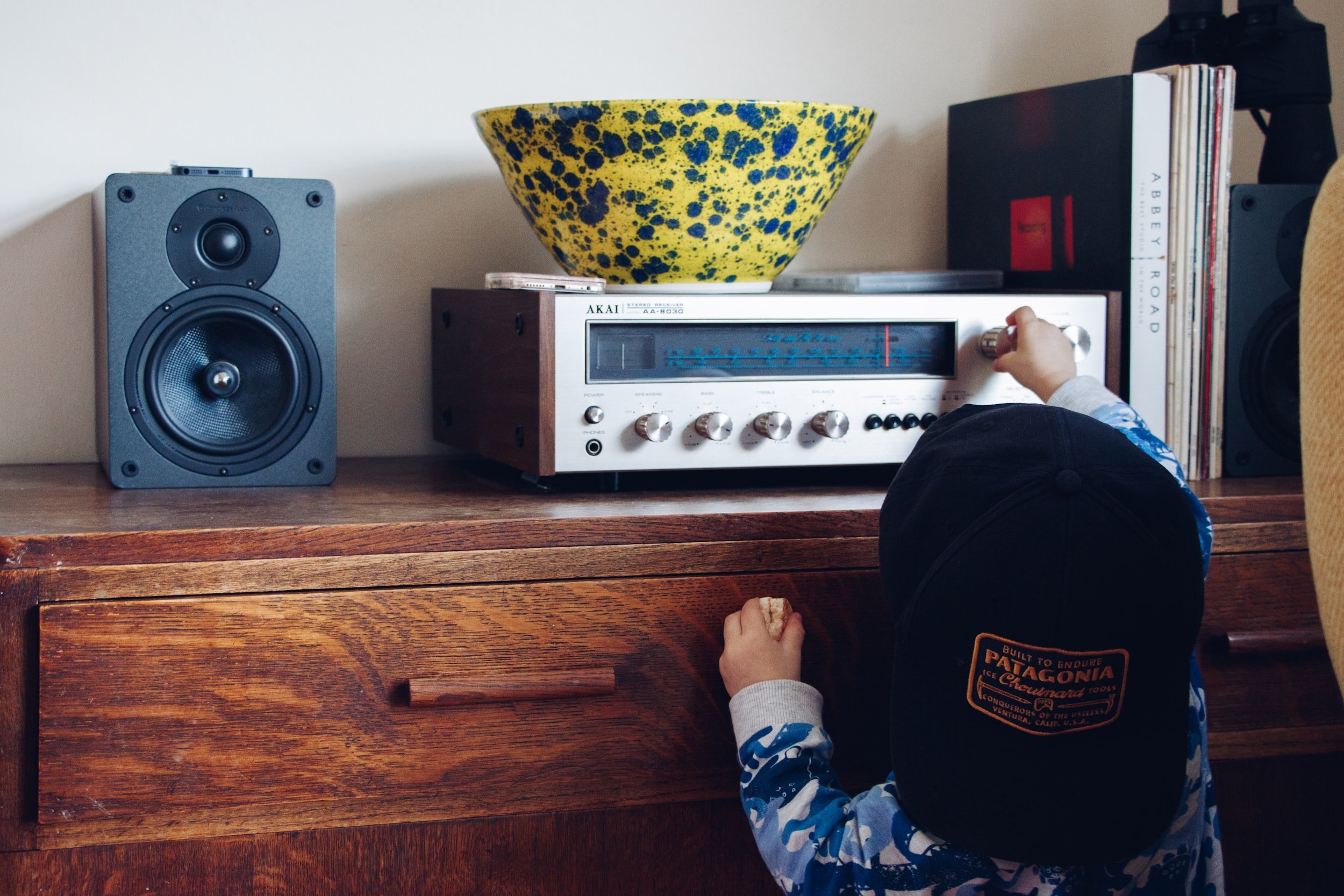Ouch that hurts my ears!
How to recognise and support children with auditory over-responsiveness
Have you ever noticed the following:
Your child tends to hold their hands over their ears when you use household appliances such as vacuums, blenders or hair dryers.
Your child becomes distressed by loud noises such a dogs barking or aeroplanes over head.
Your child seems to remember sounds and become avoidant of them.
Your child resists going in public bathrooms because of the noise of the hand dryers.
Your child seems easily startled by unexpected sounds.
While fear of everyday sounds may not be a huge reason for concern, some children experience sounds at a higher volume than others. This can lead to worry or fear around sounds we encounter in everyday life (such as rain) or in special circumstances (such as thunder). Some children can become overly fearful of uncontrollable or unpredictable sounds such as the blender or hand dryer in a public bathroom.
Experiencing sounds of a certain frequency range as louder than others is called ‘hyperacusis’ which means those sounds literally are perceived as louder by some people. Sounds in this category include school bells, fire alarms, car horns and water going down a drain or flushing the toilet. Some children experience fear around these noises — leading to a heightened state of regulation or a ‘flight or fight’ response. You might see children with flushed cheeks, fast breath, blocking their ears or trying to escape.
For children that experience sounds as louder than others, it is important to validate their experience and help them feel safe. Things to notice in your child include:
Holding their hands over their ears.
Becoming upset or distressed around certain sounds.
Avoiding certain areas or household items due to noise.
Appearing disconnected or ‘tuned out’ when there is lots of noise around.
How can you support your child if they are worried or distressed around certain sounds?
Help your child make sense or meaning of the noise. For example, if your child is worried about aeroplane or lawnmower sounds, then play lots of games with toy aeroplanes or toy lawn mowers to try and help them make sense of it all and feel in control of those sounds.
Validate your child’s feelings through labelling how they feel and creating a sense of security. Labelling your child’s feelings can help them feel heard and connected to you. For example, you can say, “That sound hurt my ears, it was loud”. It might help your child feel they are not alone and you understand how they’re feeling.
Give a warning before using the vacuum, hair drying or blender. If you know your child is worried about these sounds, it can be tempting to wait until they are out of the house, or to just get started before they have a chance to be worried about it! Usually children have more difficulty processing an unexpected, unfamiliar sound than a predictable sound that is inside their control. If they are aware the sound is coming they can leave the room, put on some headphones with their favourite music or put on a show to help them block out the noise that is worrying them.
Give your child some control over their auditory environment. As much as possible, children tend to be more able to process sounds that are within their control. The sounds that children tend to be worried about are those unpredictable sounds — dogs barking or thunder. We’ve had children that HATED the sound of the lawn mower but then wanted to start helping mow the lawn or were terrified of the toilet flushing but were more than happy to push the button to make the toilet flush. Sometimes by giving children some more control of those sounds, they become better able to manage as the sound becomes more predictable and they feel they have more control over a ‘scary’ object that is making that weird sound.
Experiencing sounds of a certain frequency range as louder than others is called ‘hyperacusis’ which means those sounds literally are perceived as louder by some people.
If you have any additional questions or concerns, contact our friendly team of occupational therapists, speech therapists and physiotherapists. We can give you specific recommendations on how to support your child to learn, play and develop into their potential!

